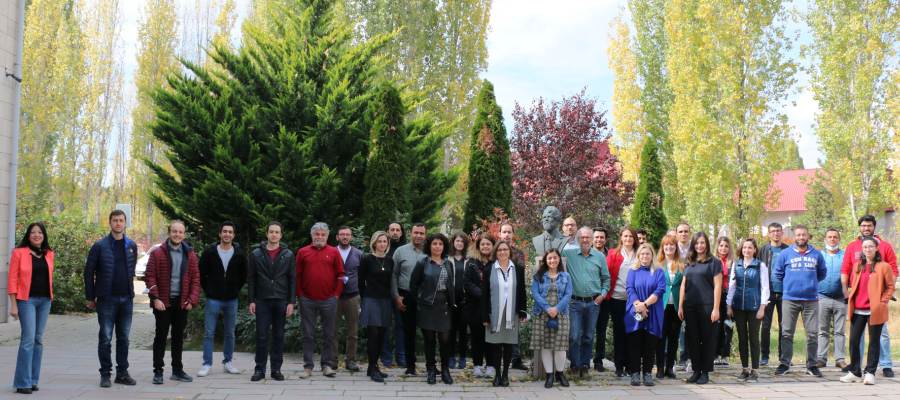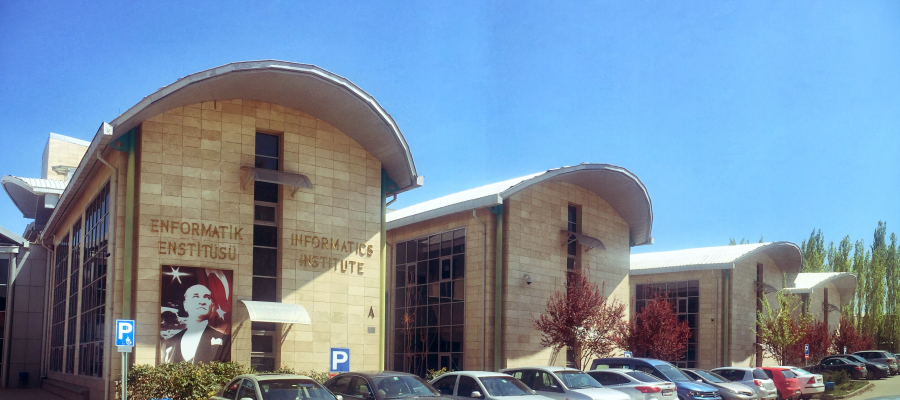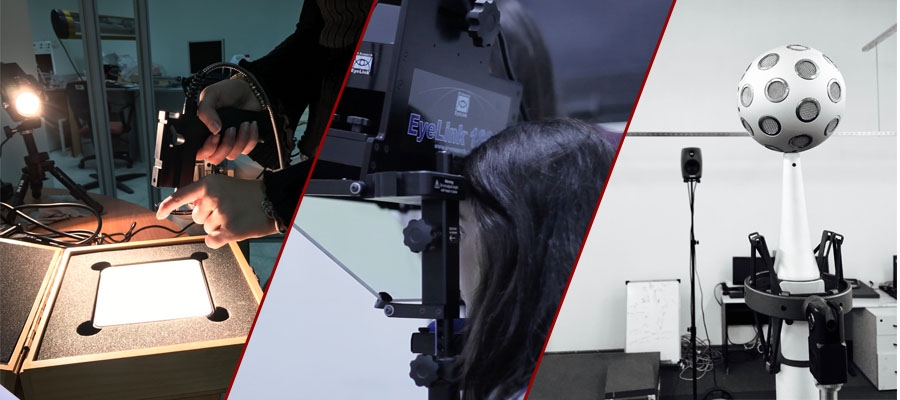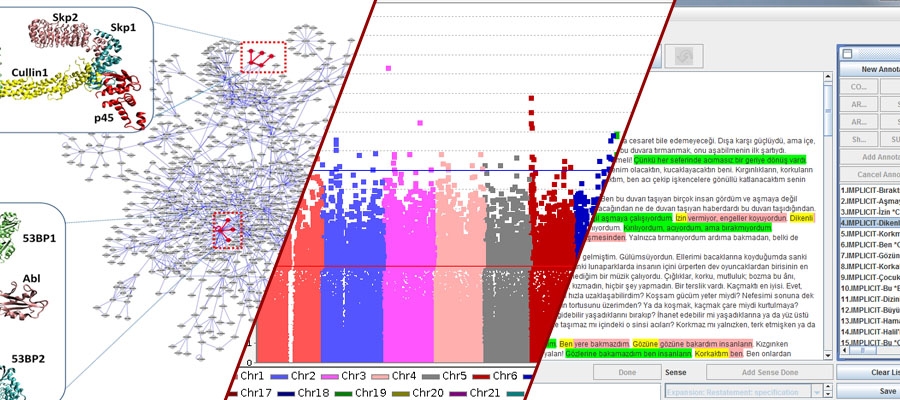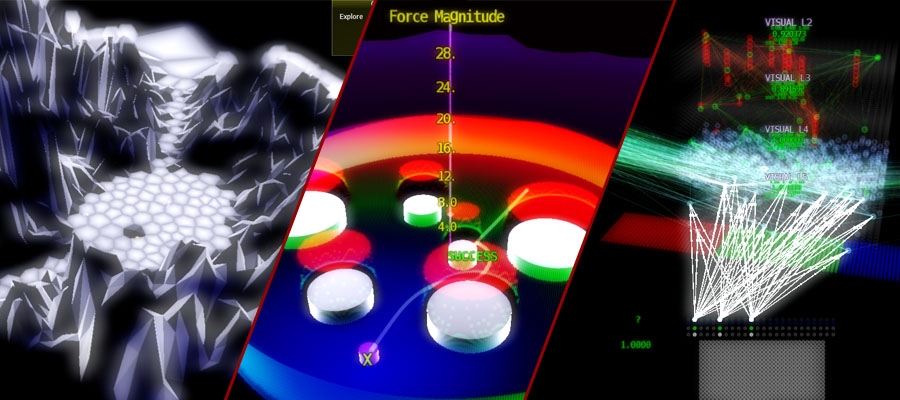Announcements
Research News
This thesis investigates multimodal data fusion and multicompartment image analysis in acute and chronic lung diseases. In a COVID-19 cohort, we integrated imaging, clinical, and viral genomic data, using sparse canonical correlation analysis and cooperative learning to explore inter-modality associations and predict intensive care unit admission. We leveraged Word2Vec to encode the viral genome. In an interstitial lung diseases cohort, we extracted lung and pulmonary artery radiomics features from chest computed tomography scans, demonstrating predictive value for pulmonary hypertension and transplant-free survival. We illustrated that multimodal data fusion and multicompartment image analysis mirror clinical decision-making processes and improve personalized prognostication.
Date: 16.07.2025 / 15:30 Place: A-108
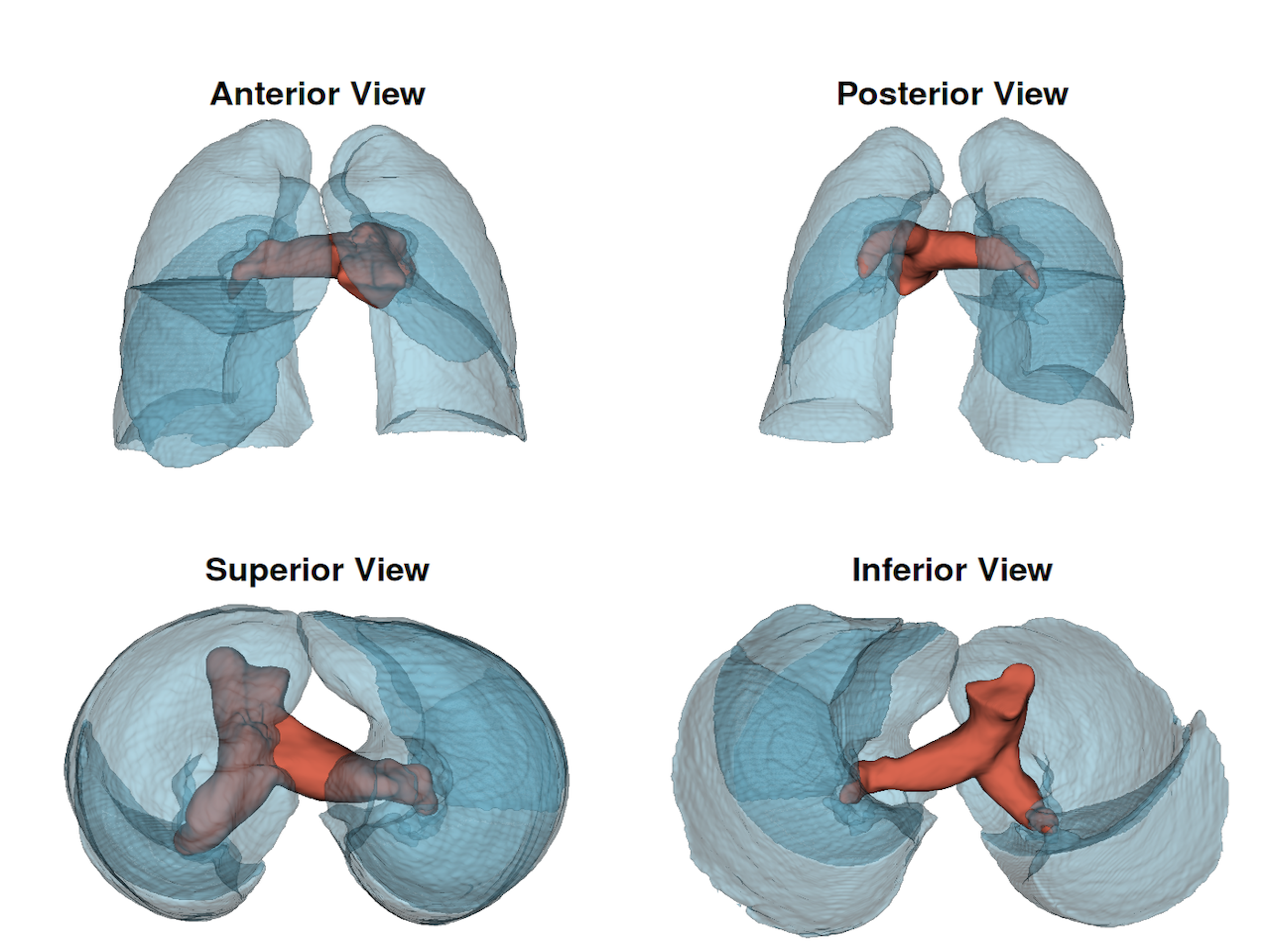
This thesis investigates the potential of EEG-based features to distinguish between Attention Deficit Hyperactivity Disorder (ADHD) and Major Depressive Disorder (MDD), two conditions that often share overlapping symptoms and neurophysiological characteristics. Focusing on power spectral density (PSD) across frequency bands and mean curve length (MCL) as a complexity measure, the study applies multilayer perceptron (MLP) classifiers to a clinically diverse sample under both eyes open and eyes closed resting state conditions.
Date: 16.07.2025 / 14:00 Place: A-212
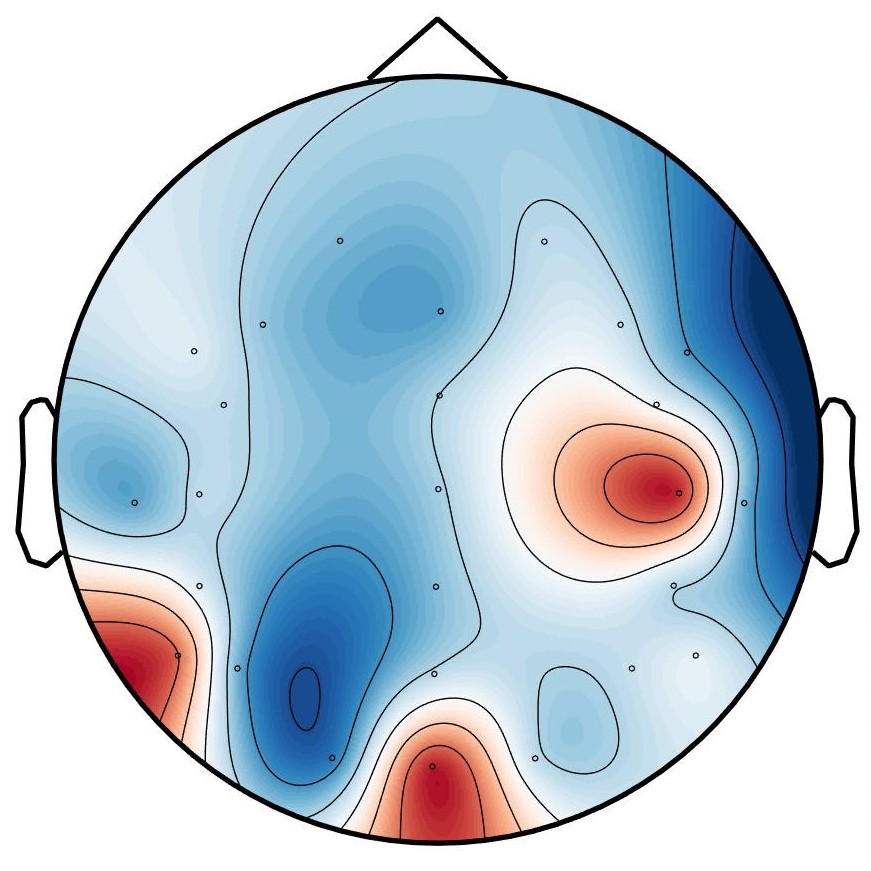
In energy and latency-constrained embedded systems, binary neural networks offer dramatic reductions in compute and memory by binarizing weights and activations. This thesis focuses binarizing a lightweight neural network model for classification. Using MNIST, CIFAR-10, and ImageNet, it compares full-precision models with binarized models according to accuracy, resource use, and performance trade-offs. Moreover, this thesis surveys AI hardware frameworks for FPGA-based reconfigurable systems in terms of compatibility with trending technologies and optimization strategies as a comprehensive guide.
Date: 08.07.2025 / 10:00 Place: B-116
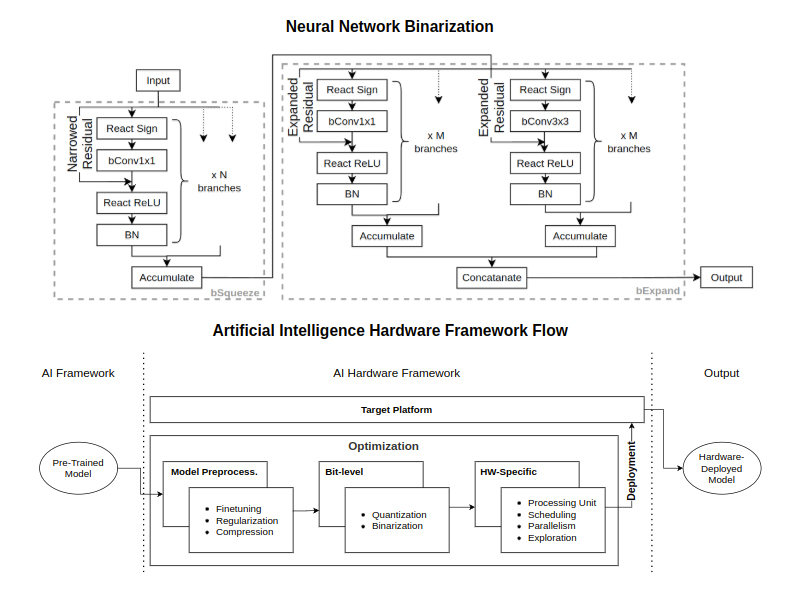
This thesis investigates the demographic history of Anatolian sheep. Sheep are among the most important livestock species, supplying meat, milk and wool. Analysing new genome data from ancient and present-day Anatolian sheep reveals a substantial eastern-related genetic influx after the Neolithic and uncovers a population structure in present-day Turkish breeds defined by geography and tail morphology. Fat-tailed breeds, mainly from eastern Türkiye, show greater genetic affinity to Iron Age Anatolian sheep than thin-tailed breeds do. Conversely, thin-tailed breeds, from western Türkiye, retain more Neolithic-like ancestry than fat-tailed breeds. These findings show how Anatolian sheep gene pool shaped over thousands of years.
Date: 07.07.2025 / 11:00 Place: A-212
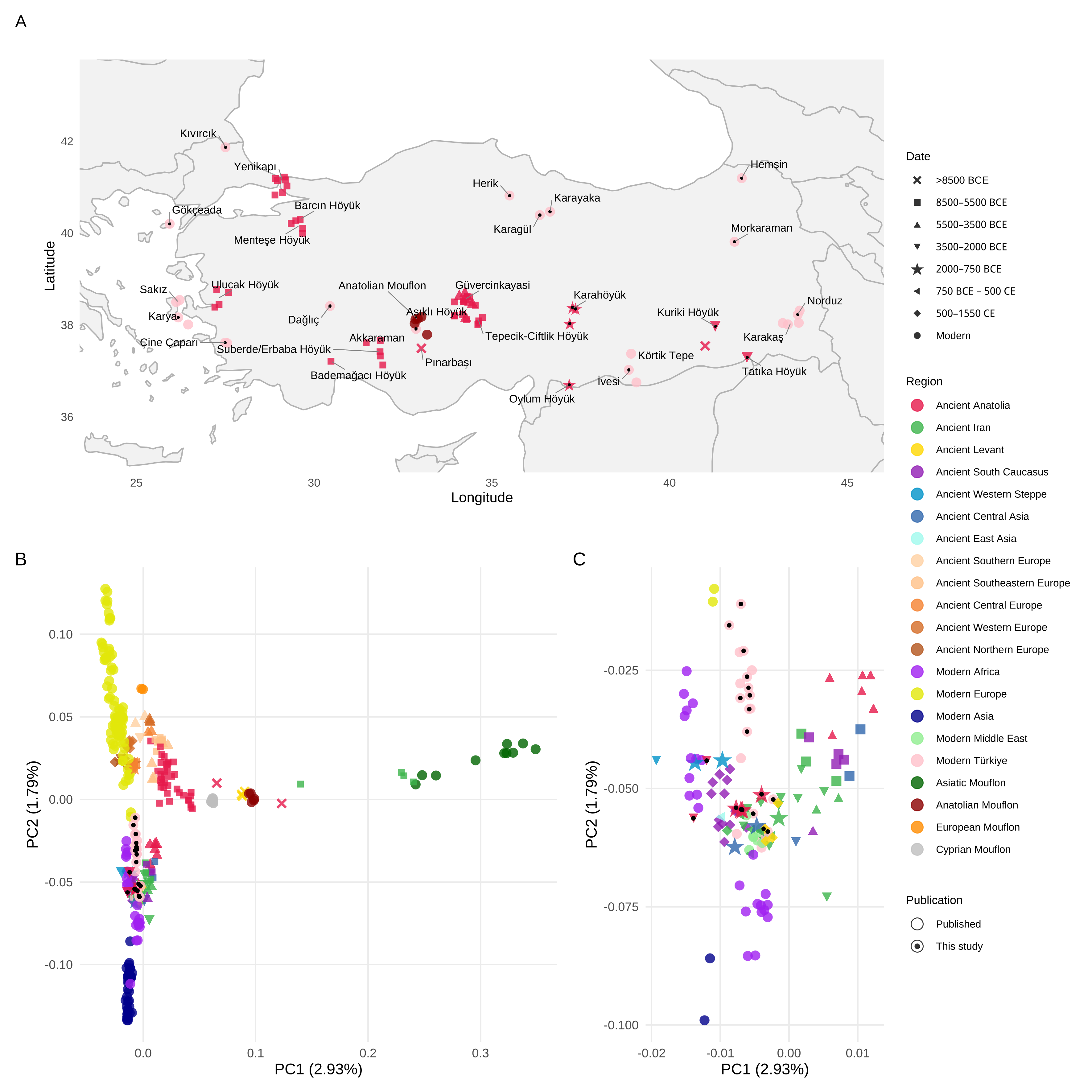
This thesis proposes a transformer-based framework with post-inference strategies designed to improve temporal coherence and semantic consistency in range-based, multiclass anomaly localization for multivariate time series.
Date: 25.06.2025 / 09:00 Place: A-212

